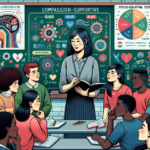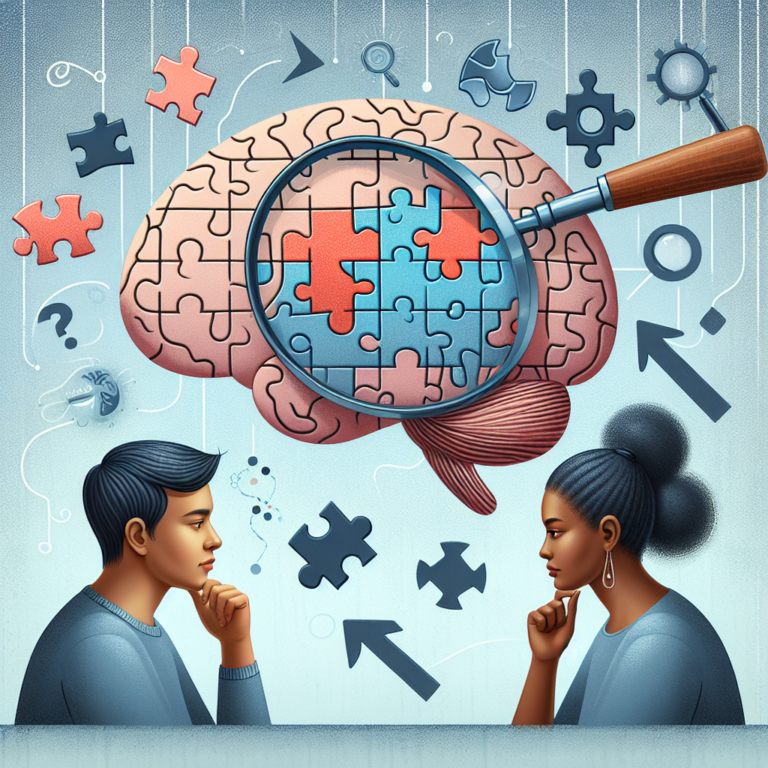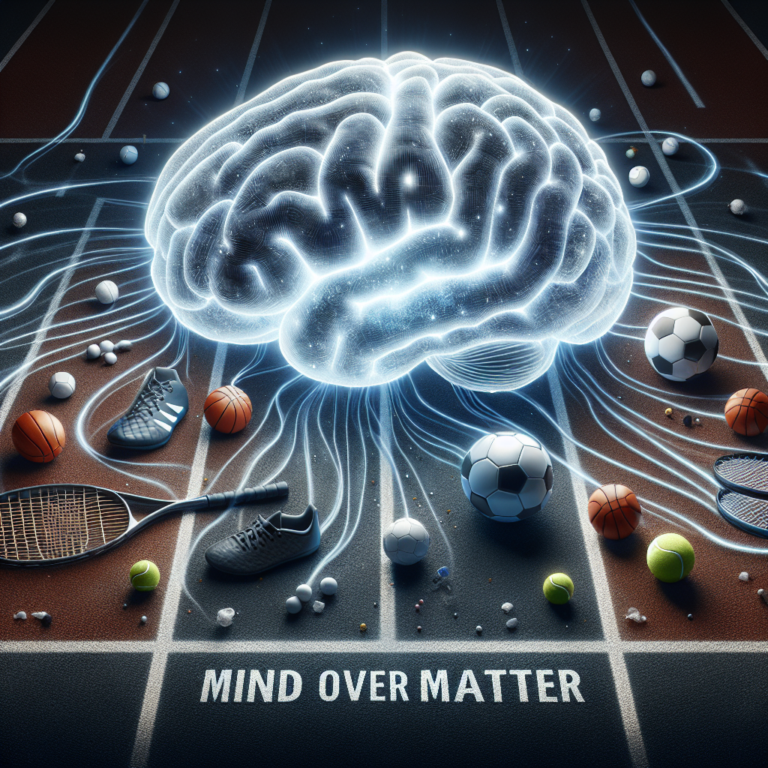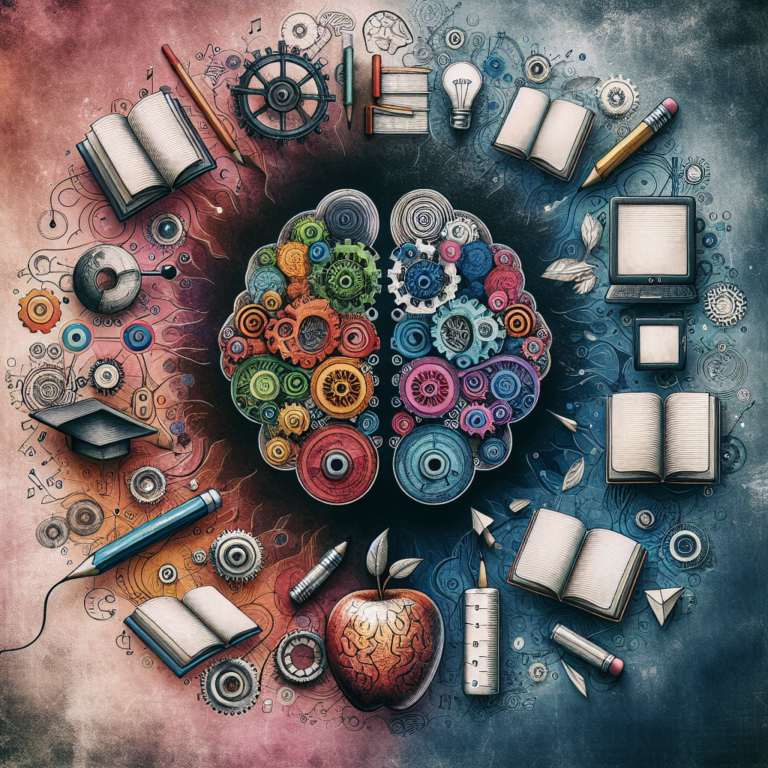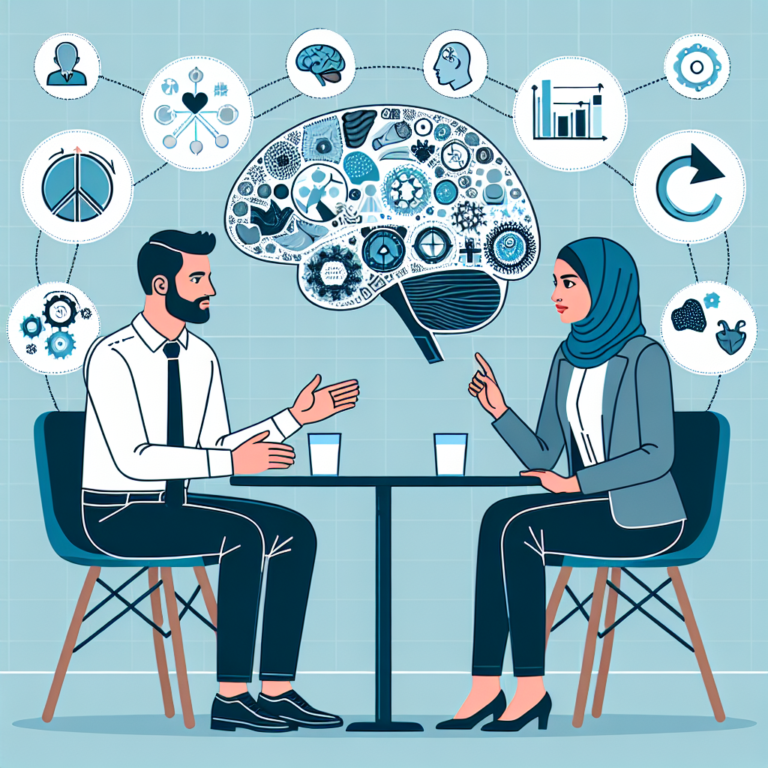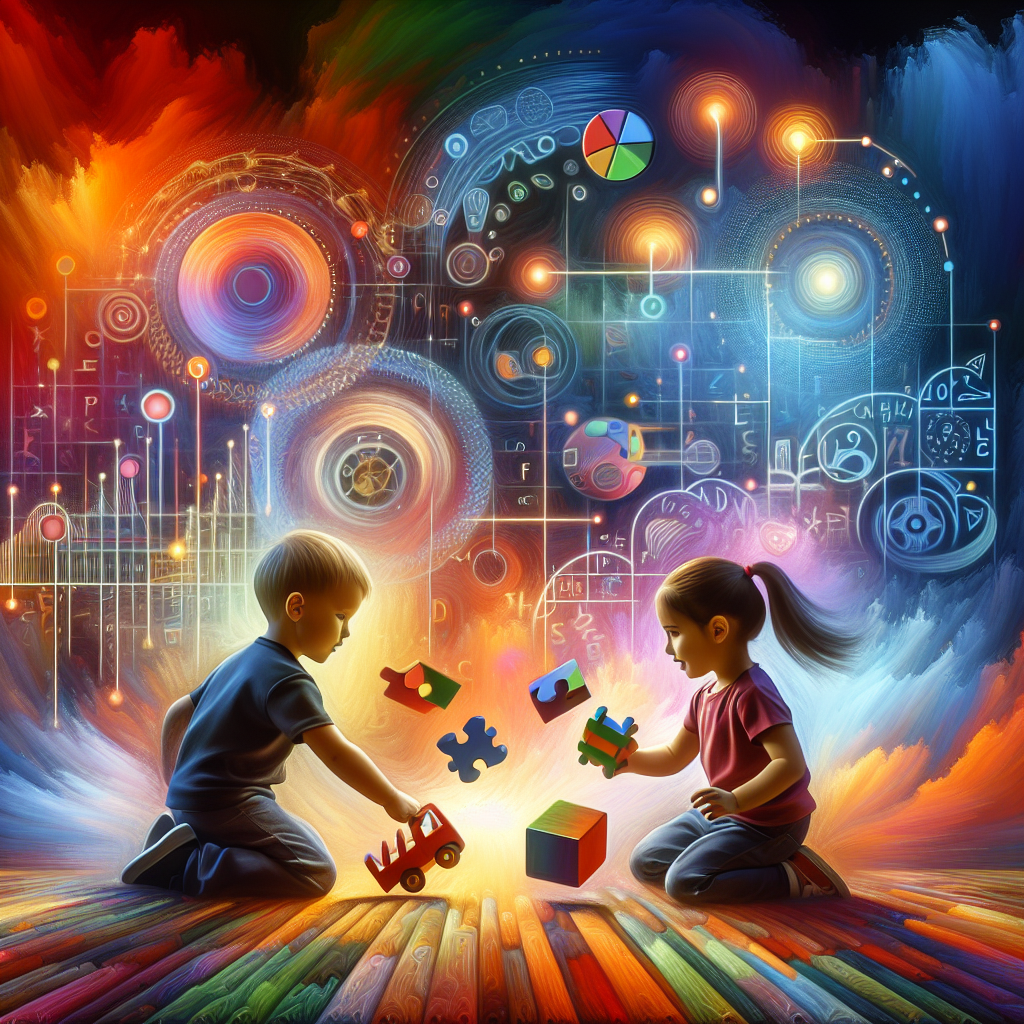
The Ultimate Guide to The Impact of Social Learning on Child Development: A Behavioral Perspective
Introduction
Imagine a young child observing their parent lovingly helping a neighbor in need. They watch the gestures, the smiles, and the kindness that flows from such interactions. In moments like these, children are not merely passive observers; they are actively learning crucial life skills. This phenomenon underscores The Impact of Social Learning on Child Development: A Behavioral Perspective. Children learn and develop through interactions with their environment, peers, and adults, creating a foundation for their future behaviors, perceptions, and skills.
Understanding the dynamics of social learning through the lens of behaviorism doesn’t just enhance our awareness of child development—it empowers us as caregivers, educators, and community members to foster environments where positive growth can thrive. In this article, we delve into the nuances of how social learning influences child development, backed by inspiring case studies, actionable insights, and a thorough exploration of behavioral theory.
Understanding Social Learning Theory
The Origins of Social Learning Theory
Social learning theory, pioneered by Albert Bandura in the 1960s, posits that individuals learn behaviors through observation, imitation, and modeling. Bandura’s studies, notably the Bobo doll experiment, demonstrated that children could learn aggressive behaviors by observing adults acting aggressively. This foundational idea laid the groundwork for recognizing that social environments profoundly influence learning and behavior.
Key Principles of Social Learning
- Observation: Learning occurs through watching others, which highlights the role of models in a child’s life.
- Imitation: Children replicate behaviors they see, especially those displayed by adults or peers they admire.
- Reinforcement: Positive or negative outcomes associated with observed behaviors can enhance or diminish the likelihood of imitation.
Understanding these principles helps elucidate The Impact of Social Learning on Child Development: A Behavioral Perspective, revealing how children derive their cues for behavior from the social dynamics around them.
The Role of Social Learning in Child Development
Developing Social Skills
Social learning plays a pivotal role in honing a child’s social skills. Through interaction, children learn etiquette, negotiation, and emotional regulation. When they observe parents or peers resolving conflicts amicably, they internalize these methods, resulting in enhanced interpersonal skills.
Case Study: Cooperative Play in Preschool
In a study conducted in a preschool setting, researchers observed that children who participated in cooperative play—modeling inclusive behaviors—developed superior social skills compared to those who engaged in solitary play. Children were found to mimic the sharing practices and collaborative problem-solving strategies of their peers, emphasizing The Impact of Social Learning on Child Development: A Behavioral Perspective in developing social competencies.
Emotional Learning and Empathy
Observational learning isn’t limited to tangible skills; it extends to emotional intelligence as well. Children who witness acts of kindness or empathy are more likely to exhibit these traits themselves. As they observe emotional responses, they learn to identify and respond appropriately to the emotions of others, thereby cultivating empathy.
Case Study: Parental Guidance Influencing Empathy
In a longitudinal study that followed children from toddlerhood to preadolescence, researchers found that children with parents who regularly engaged in discussions about emotions and modeled empathetic behavior often showed increased levels of empathy later in life. This case study reinforces The Impact of Social Learning on Child Development: A Behavioral Perspective in shaping emotional responses through experiential learning.
Moral Development
The development of morality is another aspect significantly shaped by social learning. Through observation of societal norms and moral behavior, children begin to form their ethical understanding. Discussions, stories, and experiences contribute to their framework for distinguishing right from wrong.
Case Study: Moral Dilemmas and Decision Making
A series of experiments involving moral dilemmas tested children’s responses based on the behaviors they observed in their environment. Children were more likely to choose altruistic actions after witnessing prosocial behavior in trusted figures, illustrating how modeling can actively shape moral judgment, reinforcing The Impact of Social Learning on Child Development: A Behavioral Perspective.
Cognitive Development
Social learning also contributes to cognitive growth by enriching a child’s understanding of the world. When children engage in discussions or observe interactions, they expand their vocabulary and comprehension levels as well.
Case Study: Language Acquisition through Social Interaction
In a case study focusing on bilingual households, researchers discovered that children who were exposed to both languages through social interaction—rather than formal education alone—made more significant advancements in language skills. This finding highlights The Impact of Social Learning on Child Development: A Behavioral Perspective regarding cognitive enhancement through social input.
Behavioral Regulation and Self-Control
Children learn self-regulation and control through observing the consequences of behaviors in their environment. When they witness others managing emotional responses or delaying gratification effectively, they are more likely to adopt similar strategies.
Case Study: The Marshmallow Test
In research commonly referred to as the "Marshmallow Test," children who observed adults modeling self-control and patience were able to resist temptation for a greater reward later. This aligns perfectly with The Impact of Social Learning on Child Development: A Behavioral Perspective, demonstrating how environmental modeling can directly influence behavioral outcomes.
The Implications of Social Learning on Educational Settings
Enhancing Learning Environments
Educators can harness the principles of social learning to create nurturing and inclusive classrooms. By fostering collaborative learning, teachers can facilitate social interactions that build teamwork and communication skills.
Example Table: Strategies for Promoting Social Learning in Classrooms
| Strategy | Description | Expected Outcome |
|---|---|---|
| Cooperative Learning | Group projects that require teamwork. | Improved social skills and trust. |
| Role-Playing | Activities where children act out scenarios. | Enhanced empathy and understanding. |
| Peer Teaching | Older students help younger ones learn. | Increased confidence and mastery. |
| Discussions & Debates | Opportunities for practicing articulating thoughts. | Better communication and critical thinking. |
This table illustrates how educators can structure activities to maximize The Impact of Social Learning on Child Development: A Behavioral Perspective within the classroom.
Creating Supportive Home Environments
Parents play a transformative role in their child’s social learning journey. By modeling positive behavior and engaging in meaningful discussions about emotions and ethics, parents can reinforce the lessons learned through observation.
- Tip: Encourage storytelling as a means for children to explore different morals and perspectives. This nurtures understanding and empathy.
Conclusion
The journey of child development is intricately tied to the learning processes woven throughout their social interactions. By recognizing The Impact of Social Learning on Child Development: A Behavioral Perspective, we see that children are not just passive receivers of information but active participants in shaping their futures. Through thoughtful modeling, empathetic engagement, and supportive environments, parents and educators can influence positive growth trajectories and encourage lifelong learners.
As you embrace the principles of social learning in your interactions with children, remember that every gesture, word, and action serves as a powerful model for the next generation. Let us work together to cultivate a world rich in empathy, collaboration, and understanding.
FAQ Section
What is social learning theory’s main premise?
- The main premise of social learning theory is that individuals learn behaviors and skills through observation and imitation of others, particularly in social contexts.
How does modeling behavior affect child development?
- Modeling behavior affects child development by providing children with examples of how to act in various situations. Positive role models can instill desirable behaviors and ethical standards.
Can social learning happen outside the home?
- Yes, social learning occurs in various environments, including schools, community centers, and peer groups, showcasing its pervasive influence on child development.
How can parents support social learning at home?
- Parents can support social learning by discussing emotions, modeling positive behaviors, and engaging in cooperative activities, thus reinforcing the lessons learned from their environment.
- What role does play have in social learning?
- Play is crucial in social learning as it encourages interaction, exploration, and role-playing, allowing children to experiment with social behaviors and develop relational skills.
By addressing these common questions, we hope to clarify the complexities surrounding The Impact of Social Learning on Child Development: A Behavioral Perspective and encourage further exploration of this enriching topic.


